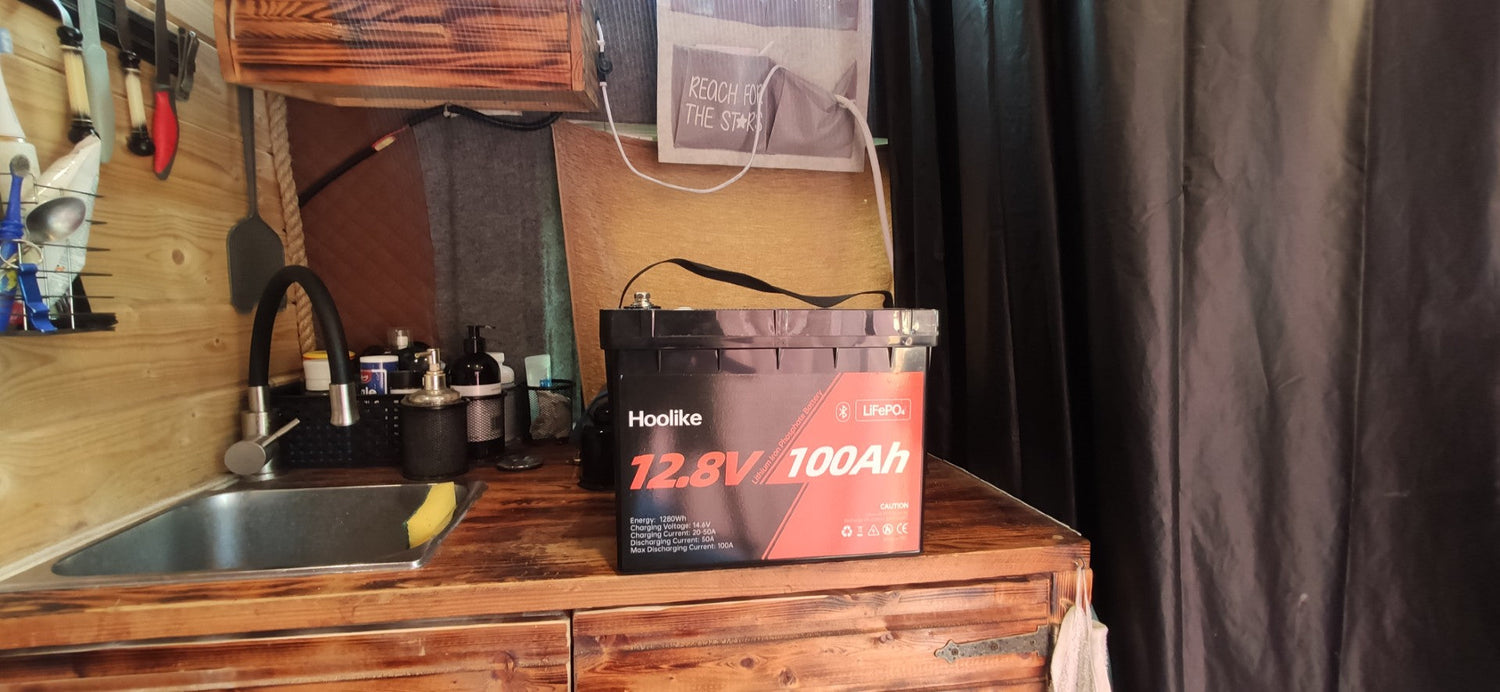Hybrid solar storage systems are revolutionizing how we harness, store, and utilize solar energy. These systems offer unparalleled flexibility, reliability, and efficiency by integrating the best features of solar power, battery storage, and grid connectivity. They are particularly suited for homeowners and businesses seeking to maximize their use of renewable energy while minimizing reliance on the power grid. In this blog, we’ll explore the mechanics of hybrid solar storage systems, their components, and the benefits they offer.
What Is a Hybrid Solar Storage System?
A hybrid solar storage system combines the functionality of a traditional solar power system with the added capability of battery storage. Unlike conventional grid-tied systems, which send excess solar energy back to the grid, hybrid systems store this energy in batteries for later use. This stored energy can be utilized during the night, during a power outage, or when energy demand exceeds what the solar panels generate.

Additionally, hybrid systems maintain a connection to the utility grid, allowing for seamless energy transfer when needed. This dual capability makes hybrid solar systems ideal for areas with variable energy needs, ensuring that users always have access to electricity, regardless of the time of day or weather conditions.
Critical Components of Hybrid Solar Storage Systems
-
Solar Panels
Solar panels, including hybrids, are the starting point of any solar power system. They capture sunlight and convert it into direct current (DC) electricity. Depending on the setup, this electricity is directed to the system’s inverter or battery storage.
-
Solar Inverter
The solar inverter plays a vital role by converting the DC electricity generated by solar panels into alternating current (AC) electricity, which can be used to power appliances and devices. In a hybrid system, the inverter manages energy flow between the solar panels, battery storage, and grid connection.
-
Battery Storage
The battery is a defining component of hybrid solar systems. It stores excess solar energy generated during the day, which can be used during non-sunny periods or peak energy demand. Lithium-ion batteries are commonly used due to their high energy density, long lifespan, and low maintenance requirements.
-
Grid Connection
Hybrid systems are connected to the utility grid, a backup energy source. When solar energy production and stored battery energy are insufficient to meet demand, the system automatically pulls electricity from the grid.
-
Monitoring System
Modern hybrid systems include innovative monitoring tools that allow users to track energy generation, consumption, and battery status in real-time. This ensures optimal energy usage and helps identify inefficiencies.
How Do Hybrid Solar Storage Systems Work?
-
Energy Generation
During the day, solar panels capture sunlight and generate DC electricity. This energy is used immediately to power appliances or directed to charge the system’s battery.
-
Energy Storage
Any surplus energy that is not immediately consumed is stored in the battery for later use. This ensures that energy generated during the day is not wasted but can be utilized at night or during cloudy weather.
-
Energy Distribution
The hybrid inverter plays a central role in managing energy flow. It prioritizes solar energy for immediate use, directs excess energy to charge the battery, and supplies electricity from the grid only when solar and battery power are insufficient.
-
Grid Support and Feedback
If the battery is fully charged and there is still excess solar energy, the system can send this surplus energy back to the grid, depending on local net metering policies. This allows users to earn credits or reduce their utility bills further.
-
Backup Power During Outages
One key advantage of hybrid solar storage systems is their ability to provide backup power during outages. The system automatically switches to battery power when the grid goes down, ensuring that critical appliances and devices remain operational.
Advantages of Hybrid Solar Storage Systems
-
Energy Independence
By storing solar energy, hybrid systems reduce reliance on the grid, enabling users to enjoy greater energy independence. This is especially beneficial in areas with high electricity costs or unreliable grid connections.
-
Cost Savings
Hybrid systems allow users to optimize energy use by storing surplus energy and using it during peak demand periods when electricity rates are higher. This can result in significant savings on utility bills.
-
Sustainability
Hybrid systems help reduce carbon footprints and promote environmental sustainability by maximizing renewable solar energy. They enable households and businesses to contribute meaningfully to combating climate change.
-
Resilience
With a battery backup, hybrid systems provide resilience against power outages. This ensures uninterrupted power for essential devices and appliances, making hybrid systems an excellent choice for areas prone to blackouts.
-
Flexibility
Hybrid systems are highly adaptable and can be scaled to meet the specific energy needs of different users. They also work seamlessly in both on-grid and off-grid scenarios, making them versatile for various applications.
Is a Hybrid Solar Storage System Right for You?
A hybrid solar storage system is an excellent investment for optimizing energy use, reducing utility bills, and enhancing energy reliability. It is particularly well-suited for:

- Homeowners who want to store energy for backup use during outages.
- Businesses are looking to reduce energy costs and minimize disruptions.
- Remote areas where grid reliability is low, but sunlight is abundant.
Final thoughts
Hybrid solar storage systems represent the future of energy management, combining the benefits of solar power, battery storage, and grid connectivity into one efficient solution. These systems offer unmatched flexibility, reliability, and cost savings by harnessing solar energy, storing it for later use, and integrating it for residential or commercial applications. Hybrid solar systems empower users to take control of their energy needs, reduce their carbon footprints, and embrace a more sustainable future.





